Use cognitive science to reduce learners’ frustrations and improve their confidence when retrieving knowledge
Why is it that working scientifically can be a tricky topic, both to teach and for some students to grasp? Cognitive science is here to explain. Greater understanding can make both the teaching and learning of this kind of work not only more effective but also more enjoyable.
The Ofsted report, Finding the optimum identifies that curriculum plans for developing pupils’ disciplinary knowledge (how to work scientifically, perhaps by carrying out practical procedures) are often less detailed than those for substantive knowledge (established facts). By focusing a cognitive science lens on these two types of knowledge we can explore the reasons why this is the case.
Supporting students to remember
Remember, remember
In his article Why working scientifically isn’t scientific, Ben Rogers suggests the curriculum should focus on experiments that illustrate the concept. He wrote that modern cognitive science over the last half century shows that our working memories can only handle limited information – ‘we learn best when new material is carefully structured to build on prior knowledge.’
However, the long-term memory – where we store memories – supports the limited capacity of working memory. So it’s not surprising that when we introduce a new concept, we are more likely to overwhelm a student’s working memory than if we present them with a familiar concept. Knowledge stored in a student’s long-term memory is not vast, and often it’s unstable if they’re learning something for the first time that is disconnected from other knowledge, therefore it’s harder to access.
However, the long-term memory – where we store memories – supports the limited capacity of working memory. So it’s not surprising that when we introduce a new concept, we are more likely to overwhelm a student’s working memory than if we present them with a familiar concept. Knowledge stored in a student’s long-term memory is not vast, and often it’s unstable if they’re learning something for the first time that is disconnected from other knowledge, therefore it’s harder to access.
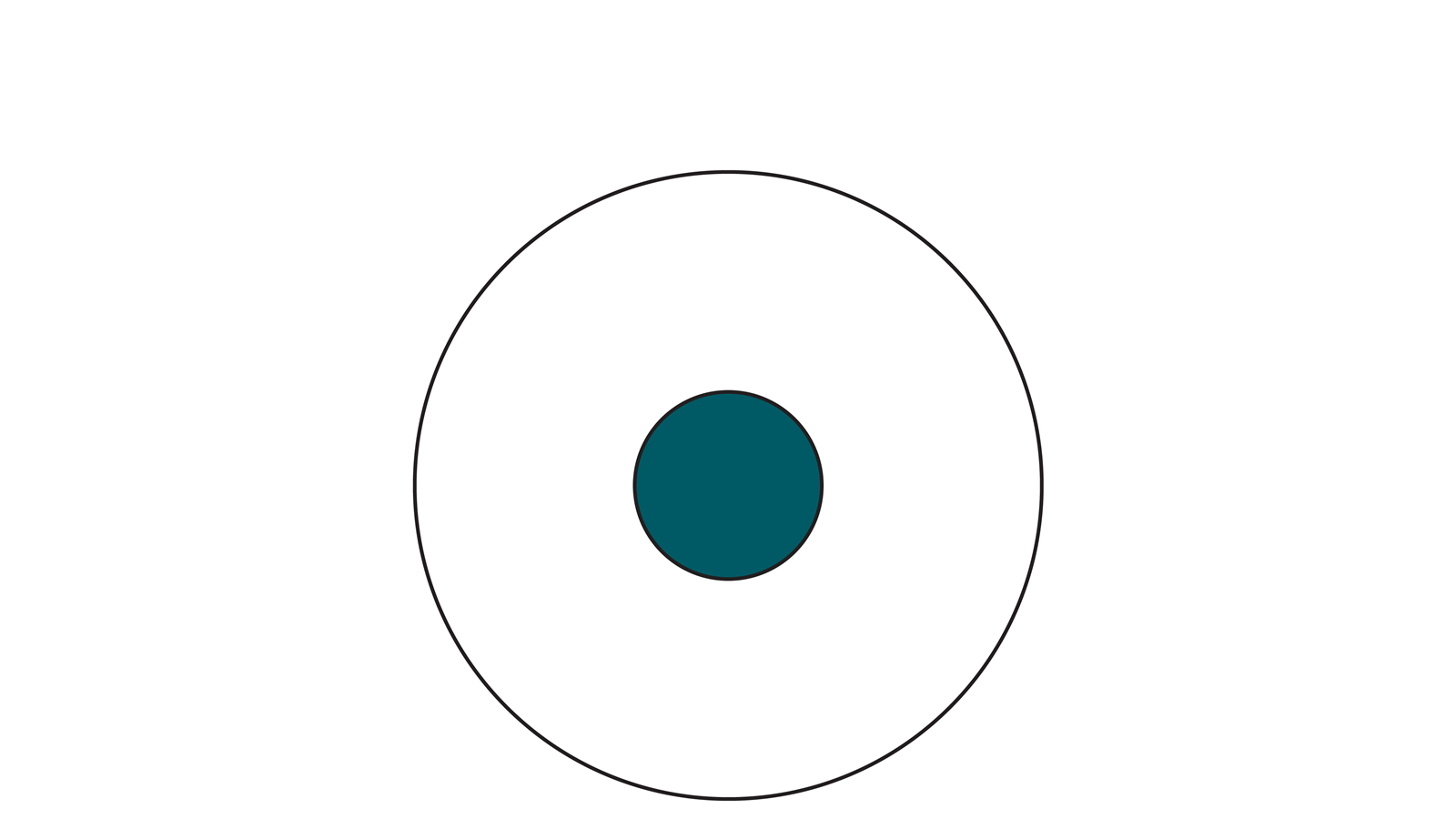

When a student starts to learn, they have a limited body of knowledge (small green circle) in their long-term memory
Over time, a student’s body of knowledge grows (bigger green circle) as they learn more
When we introduce a new concept to a student there is high demand on their working memory. We teach primary school pupils about physical changes, such as ice cubes melting or that we can feel air, while invisible, as wind. At secondary school we cover the particle model in more detail, with consideration made for the difference between the melting and boiling point of substances. Then we move on to the concept of matter, only one type of atom making up an element and more than one different type of atom making up compounds, for example. And so, their knowledge grows.
When a student has a limited body of knowledge there is increased demand on the working memory. This limits its capacity, so reducing the amount of space for thinking, making sense of information and processing it.
When a student has a limited body of knowledge there is increased demand on the working memory (figure 1). This limits its capacity, so reducing the amount of space for thinking, making sense of information and processing it.
Growing a body of knowledge
The implication for you as a teacher is to design learning experiences where you model and scaffold new knowledge explicitly to help students access the ideas without overwhelming the limited working memory. This enables a body of knowledge to grow.
When a student develops this body of knowledge, there is a reduced demand on the working memory, which allows an increase in the capacity to think.
When a student develops this body of knowledge, there is a reduced demand on the working memory, which allows an increase in the capacity to think (figure 2). Compare this to the meagre working memory in figure 1.
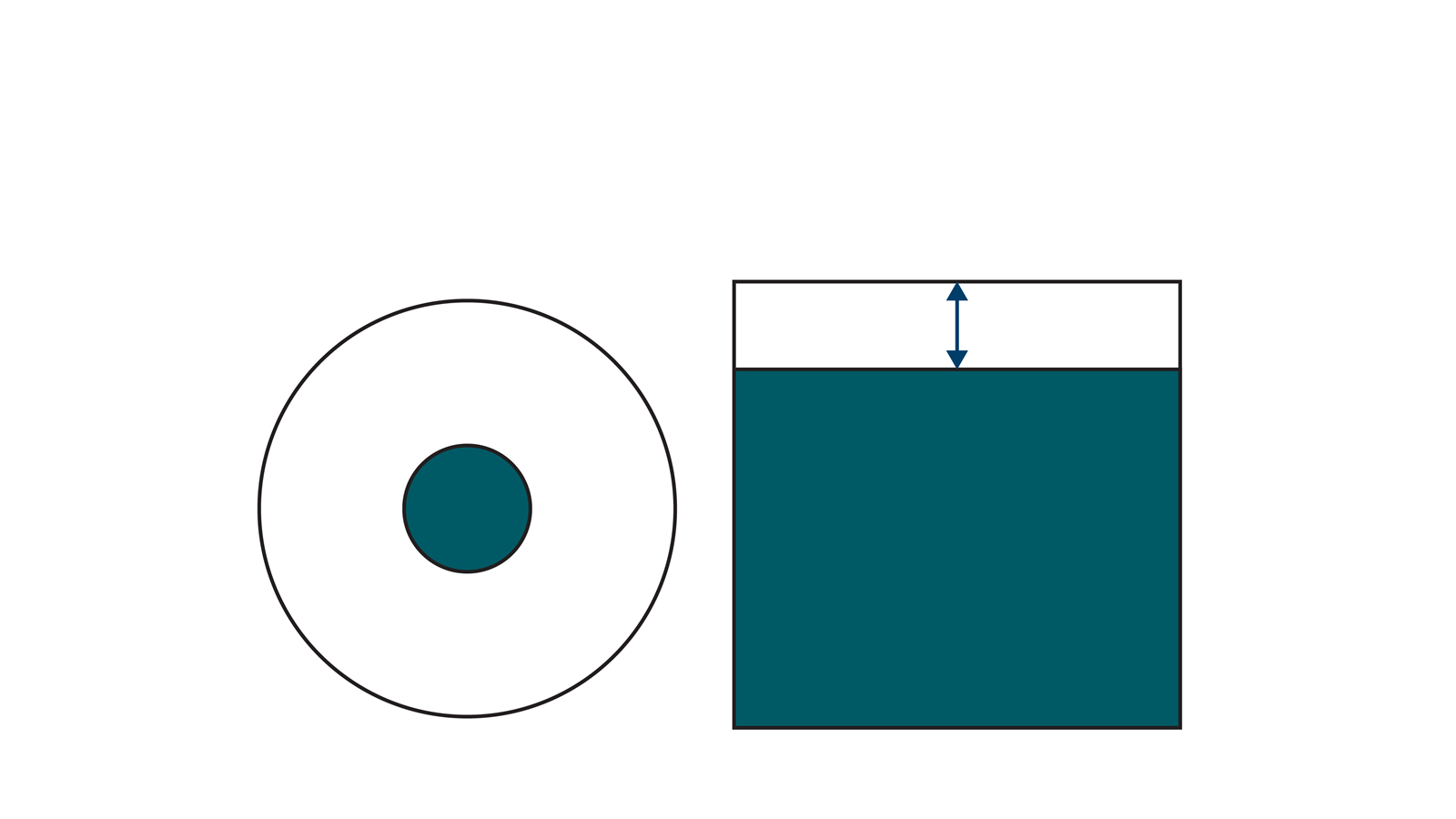
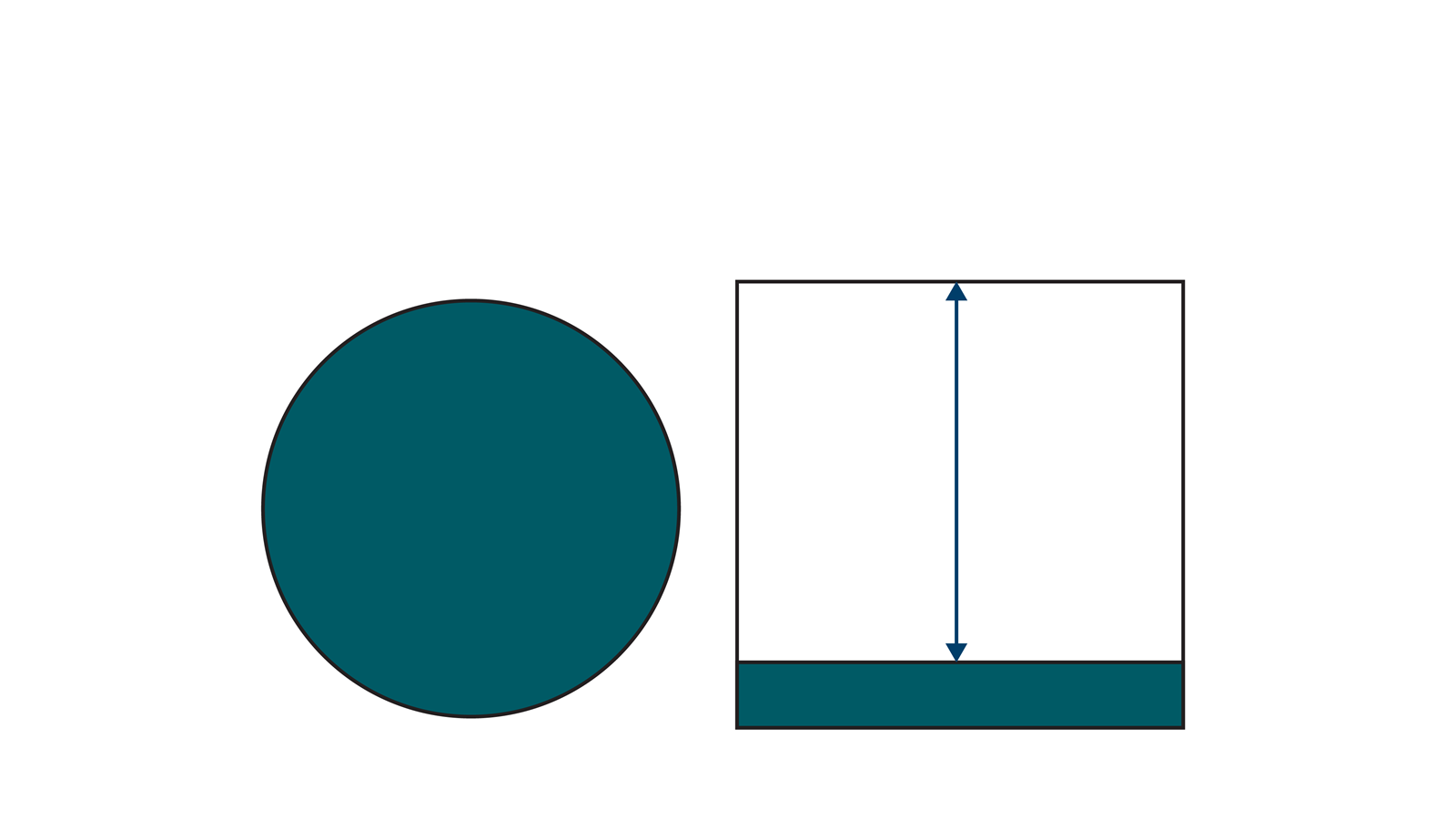
When a student has a limited body of knowledge (small green circle), their working memory has a limited capacity for thinking (smaller white rectangle)
When a student’s body of knowledge grows (bigger green circle), there is a reduced demand on their working memory and the student’s capacity to think increases (bigger white rectangle)
Now a student is much more able to make meaning from concepts because they have more space to think. But what happens when you try to integrate substantive and disciplinary knowledge, and explain why it is hard for students to work out concepts?
Disciplinary and substantive knowledge are complex entities that can overlap and exist separately from each other. Designing an experiment to explore the different melting points of ionic and covalent substances, for example, requires a different body of knowledge to drawing a graph and analysing data for investigating rates of reaction using sodium thiosulfate and hydrochloric acid.
Where students have a well-defined substantive knowledge but are also learning disciplinary knowledge, they must retrieve information from two different bodies of knowledge.
Disciplinary and substantive knowledge are complex entities that can overlap and exist separately from each other. Designing an experiment to explore the different melting points of ionic and covalent substances, for example, requires a different body of knowledge to drawing a graph and analysing data for investigating rates of reaction using sodium thiosulfate and hydrochloric acid. Watch our practical video of this experiment and download the supporting resources to use in your class (rsc.li/4eg5U9m).
Where students have a well-defined substantive knowledge but are also learning disciplinary knowledge, they must retrieve information from two different bodies of knowledge (figure 3).

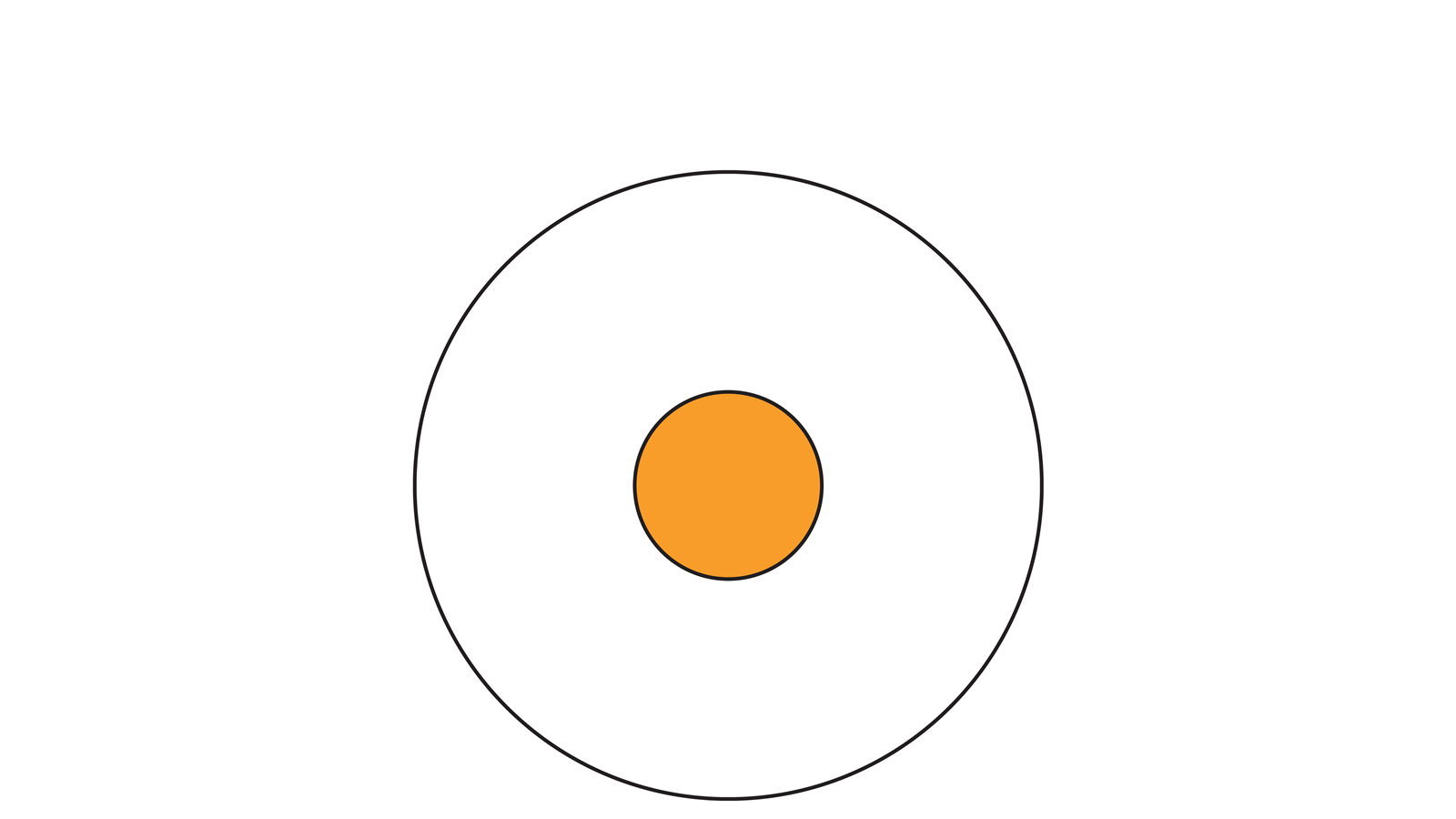
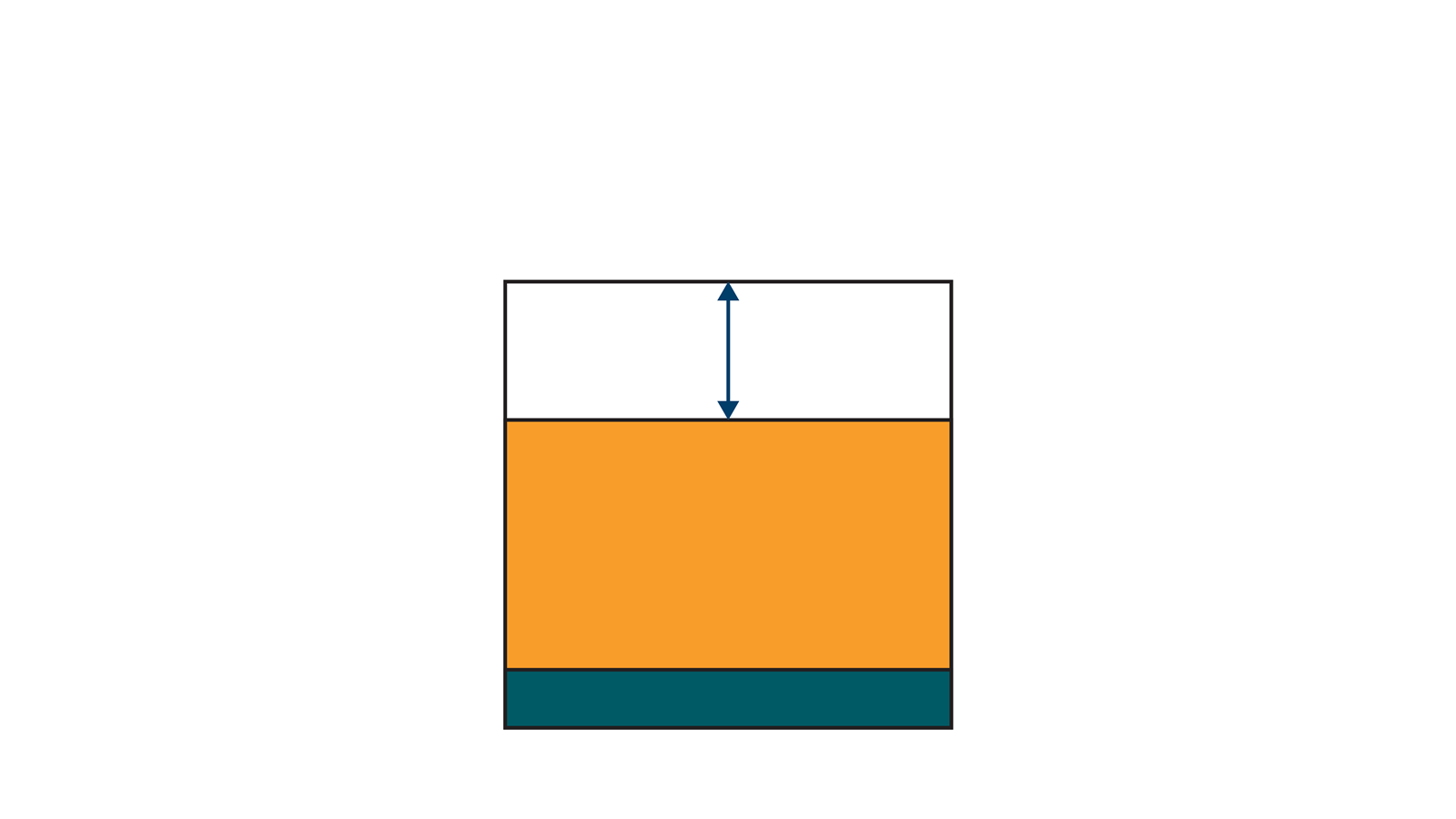
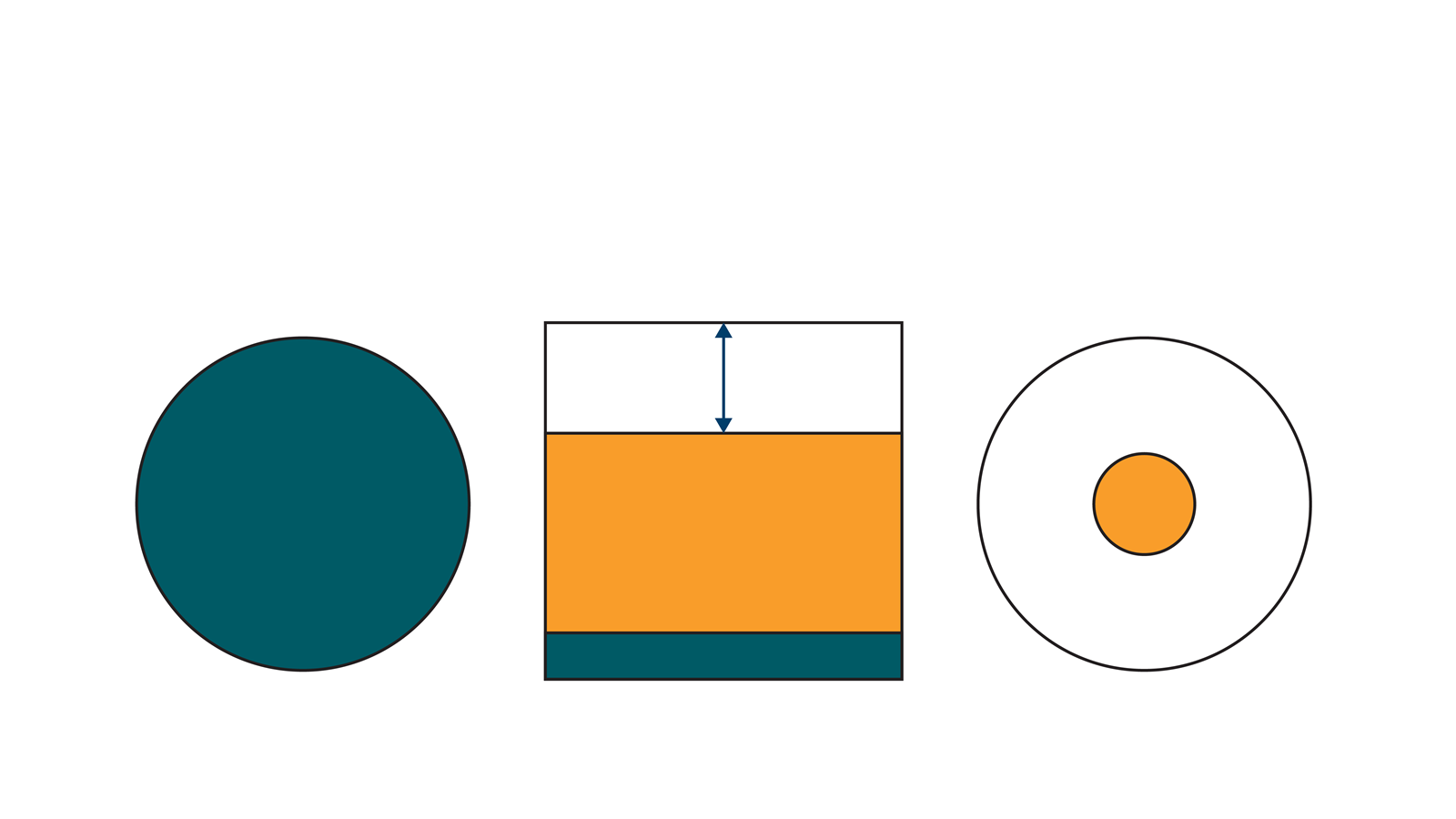
Students can have a large body of substantive knowledge (big green circle)
But a limited body of disciplinary knowledge (small orange circle) and may need to retrieve information from both bodies of knowledge
The student’s substantive knowledge is well defined, but their disciplinary knowledge is not. This reduces the amount of space for thinking (white rectangle) and increases cognitive demand
Changes to the student's substantive and disciplinary knowledge affect the amount of space for thinking and cognitive demand
Now, imagine if a student’s substantive knowledge is also less defined. The cognitive demand becomes even higher and they have less space to think.
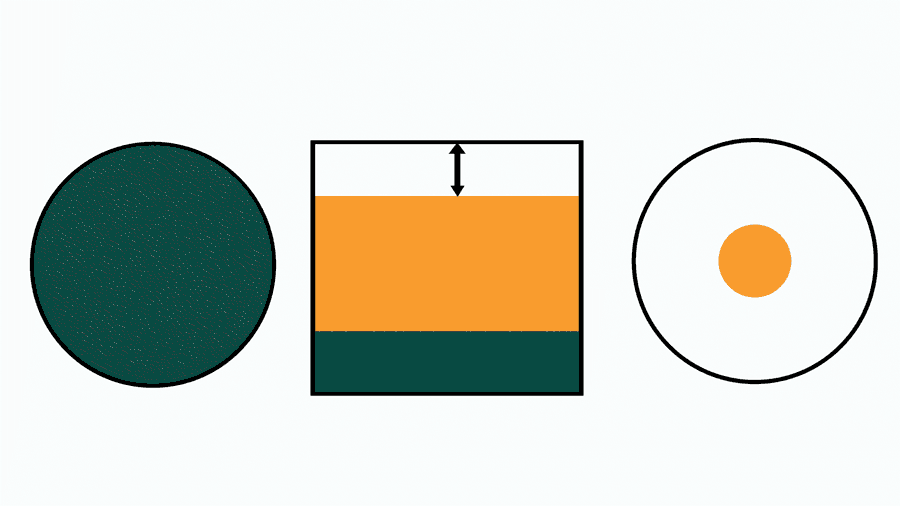
To compensate, consider students’ prior curriculum to plan lessons that build on existing knowledge. At 11–14, you can introduce disciplinary knowledge gradually with explicit modelling and scaffolding. For example, drawing graphs while learning forces or chemical reactions requires the challenge of managing both substantive and disciplinary knowledge. Break down the concepts and skills. And explain why retrieving knowledge is difficult to students, reducing frustration and improving confidence.
Dom Shibli is a principal lecturer and co-lead of secondary ITE at the University of Hertfordshire
Pullquote: We learn best when new material is carefully structured to build on prior knowledge








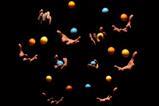






No comments yet